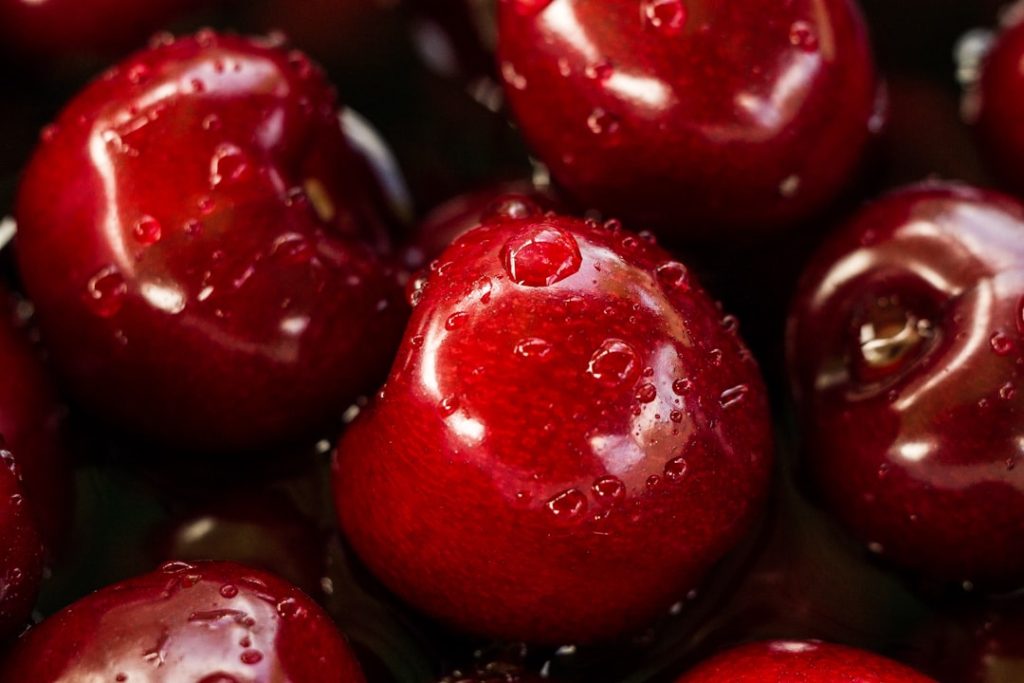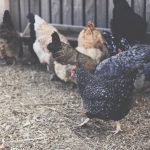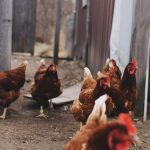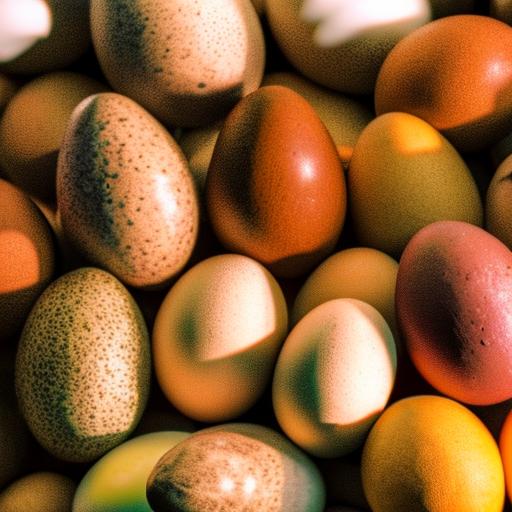Chicken breeding is a deliberate process of selecting and pairing chickens with specific desirable traits to produce offspring that inherit those characteristics. This practice has been employed for centuries and has been instrumental in developing various chicken breeds. Chicken breeding is conducted for commercial purposes, hobby farming, and show competitions.
The primary objective is to enhance the overall quality of the flock, focusing on attributes such as egg production, meat quality, or physical appearance for exhibitions. The practice of breeding chickens requires a comprehensive understanding of genetics, health management, and environmental factors. Successful breeding demands careful consideration of these elements to achieve desired outcomes.
Breeders must possess a thorough knowledge of genetic principles and the ability to identify and select for desirable traits. To effectively breed chickens, it is essential to understand the characteristics of ideal breeding stock, be familiar with top breeds suitable for breeding, and consider various factors when selecting breeding chickens. Additionally, breeders must be well-versed in breeding practices and techniques, as well as methods for maintaining the health of their breeding stock.
By meticulously addressing these aspects, breeders can work towards producing high-quality chickens that align with their specific objectives and requirements.
Table of Contents
Key Takeaways
- Chicken breeding is the process of selecting and mating chickens to produce offspring with desirable traits.
- Ideal breeding chickens should have good health, strong genetics, and desirable physical and behavioral traits.
- Some top breeds for chicken breeding include Rhode Island Red, Plymouth Rock, and Leghorn.
- When selecting breeding chickens, consider factors such as breed characteristics, genetic diversity, and compatibility with your breeding goals.
- Breeding practices and techniques include natural mating, artificial insemination, and proper record-keeping to track breeding outcomes.
Characteristics of Ideal Breeding Chickens
Health and Vigor
Good health and vigor are essential traits in breeding chickens. Healthy chickens are more likely to produce strong and viable offspring, which is crucial for maintaining a successful breeding program.
Conformation and Body Structure
Breeders should look for chickens with good conformation and body structure. This includes traits such as a straight back, well-developed breast, and strong legs. These physical traits not only contribute to the overall health and well-being of the chicken but also impact their ability to produce eggs or meat efficiently.
Temperament and Productivity
Another important characteristic of ideal breeding chickens is temperament. Chickens with a calm and friendly disposition are easier to handle and manage, making them more suitable for breeding purposes. Furthermore, breeders should consider the egg-laying or meat-producing abilities of their breeding stock. For egg-laying breeds, high egg production and good egg quality are desirable traits, while for meat-producing breeds, fast growth rate and efficient feed conversion are important factors to consider.
By carefully selecting breeding stock with these characteristics, breeders can work towards producing offspring that meet their specific breeding goals.
Top Breeds for Chicken Breeding

There are numerous chicken breeds available for breeding purposes, each with its own unique set of characteristics and traits. When it comes to selecting the top breeds for chicken breeding, breeders should consider their specific goals and needs. Some popular breeds for egg production include the Rhode Island Red, Leghorn, and Sussex.
These breeds are known for their high egg-laying capabilities and good egg quality, making them ideal choices for breeders looking to improve their flock’s egg production. For meat production, breeds such as the Cornish Cross, Plymouth Rock, and Orpington are popular choices. These breeds are known for their fast growth rate, efficient feed conversion, and high meat quality, making them suitable for breeders looking to improve their flock’s meat production capabilities.
Additionally, there are breeds specifically developed for show purposes, such as the Silkie, Polish, and Serama. These breeds are prized for their unique appearance and are often bred for exhibition and competition purposes. It is important for breeders to research and understand the specific characteristics and requirements of each breed before selecting them for breeding purposes.
By choosing the right breeds that align with their breeding goals, breeders can work towards producing high-quality offspring that meet their specific needs.
Considerations for Selecting Breeding Chickens
When selecting breeding chickens, there are several important considerations that breeders should keep in mind to ensure the success of their breeding program. Firstly, breeders should carefully assess the genetic background of their potential breeding stock. It is important to select chickens with diverse genetic backgrounds to avoid inbreeding and maintain a healthy gene pool within the flock.
Additionally, breeders should consider the specific traits they want to improve or maintain within their flock, whether it be egg production, meat quality, or show characteristics. Another important consideration is the overall health and condition of the potential breeding chickens. It is crucial to select chickens that are free from any genetic defects or hereditary diseases that could be passed on to their offspring.
Regular health checks and screenings can help identify any potential health issues within the breeding stock. Furthermore, breeders should consider the temperament and behavior of their potential breeding chickens. Chickens with a calm and friendly disposition are easier to handle and manage, making them more suitable for breeding purposes.
Lastly, breeders should also consider the environmental factors and resources available to them when selecting breeding chickens. Factors such as climate, space availability, and feed resources can impact the success of a breeding program. By carefully considering these various factors, breeders can make informed decisions when selecting their breeding stock and work towards producing high-quality offspring that meet their specific breeding goals.
Breeding Practices and Techniques
Breeding practices and techniques play a crucial role in the success of a chicken breeding program. One common technique used in chicken breeding is selective mating. This involves carefully selecting individual chickens with desirable traits and mating them to produce offspring with those same traits.
Selective mating allows breeders to improve specific characteristics within their flock over time. Another important breeding practice is record-keeping. Keeping detailed records of each chicken’s lineage, traits, and performance can help breeders track the progress of their breeding program and make informed decisions when selecting breeding stock.
Additionally, record-keeping can help identify any potential genetic issues or health concerns within the flock. Artificial insemination is another technique commonly used in chicken breeding, especially in commercial settings. This technique allows breeders to control the mating process more precisely and increase the genetic diversity within the flock.
However, artificial insemination requires specialized equipment and expertise. Furthermore, breeders should also consider the timing of mating when implementing breeding practices. Understanding the reproductive cycle of chickens can help breeders optimize mating schedules to maximize fertility rates and hatchability.
In conclusion, implementing effective breeding practices and techniques is essential for achieving success in chicken breeding. By utilizing selective mating, record-keeping, artificial insemination, and understanding the reproductive cycle of chickens, breeders can work towards producing high-quality offspring that meet their specific breeding goals.
Maintaining Breeding Stock Health

Environmental Hygiene
Providing a clean and sanitary environment is essential for preventing the spread of diseases and maintaining overall flock health. Regular cleaning of coops, nesting boxes, and feeding areas can help reduce the risk of disease transmission.
Nutrition and Health Checks
Proper nutrition is vital for maintaining the health of breeding stock. Providing a balanced diet that meets the specific nutritional needs of breeding chickens can help support their overall health and reproductive capabilities. It is important to provide access to fresh water at all times and ensure that feed is free from contaminants or mold. Regular health checks and screenings are also important for monitoring the health of breeding stock. This includes observing behavior, checking for signs of illness or injury, and conducting regular parasite control measures.
Biosecurity Measures
Early detection of health issues can help prevent the spread of disease within the flock and minimize potential impacts on breeding success. Furthermore, implementing biosecurity measures can help prevent the introduction of diseases into the flock. This includes limiting exposure to outside birds, quarantining new additions to the flock, and practicing good hygiene when handling chickens.
By implementing these practices, breeders can work towards producing healthy offspring that meet their specific breeding goals.
Conclusion and Recommendations
In conclusion, chicken breeding is a complex yet rewarding endeavor that requires careful consideration of genetics, health, and environmental factors. By understanding the characteristics of ideal breeding chickens, selecting top breeds for chicken breeding, considering important factors when selecting breeding chickens, implementing effective breeding practices and techniques, and maintaining the health of breeding stock, breeders can work towards producing high-quality offspring that meet their specific needs and goals. For those interested in starting a chicken breeding program, it is recommended to thoroughly research different breeds and their specific characteristics before making any decisions.
Additionally, seeking guidance from experienced breeders or poultry professionals can provide valuable insights into successful breeding practices. Lastly, maintaining a strong focus on maintaining the health and well-being of breeding stock is crucial for long-term success in chicken breeding. Overall, with careful planning, dedication to best practices, and a deep understanding of genetics and poultry management principles, breeders can work towards producing high-quality chickens that meet their specific needs and goals in both commercial and hobby farming settings.
If you’re interested in breeding chickens, you may also want to consider breeding ducks. Poultry Wizard has a helpful article on when duck mating season is, which can provide valuable information for those looking to expand their poultry breeding endeavors. Understanding the mating season for ducks can help ensure successful breeding and healthy offspring.
FAQs
What are the best chickens for breeding?
The best chickens for breeding are typically purebred, heritage breeds that are known for their strong genetics, good egg production, and overall health and vitality.
What are some popular breeds for breeding chickens?
Some popular breeds for breeding chickens include Rhode Island Reds, Plymouth Rocks, Orpingtons, Wyandottes, and Leghorns. These breeds are known for their strong genetics and good egg production.
What should I look for in a chicken for breeding?
When selecting chickens for breeding, it’s important to look for birds that are healthy, have good conformation, and exhibit the desired traits for the breed. It’s also important to select birds with good temperament and strong egg production.
How do I maintain a breeding program for chickens?
Maintaining a breeding program for chickens involves careful selection of breeding stock, record-keeping, and monitoring the health and productivity of the birds. It’s important to cull any birds that do not meet the desired standards and to continually introduce new bloodlines to avoid inbreeding.
What are some challenges of breeding chickens?
Some challenges of breeding chickens include maintaining genetic diversity, preventing inbreeding, and managing the health and productivity of the breeding stock. Additionally, it can be challenging to select for specific traits while maintaining overall breed standards.
Meet Walter, the feathered-friend fanatic of Florida! Nestled in the sunshine state, Walter struts through life with his feathered companions, clucking his way to happiness. With a coop that’s fancier than a five-star hotel, he’s the Don Juan of the chicken world. When he’s not teaching his hens to do the cha-cha, you’ll find him in a heated debate with his prized rooster, Sir Clucks-a-Lot. Walter’s poultry passion is no yolk; he’s the sunny-side-up guy you never knew you needed in your flock of friends!







